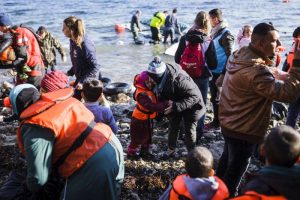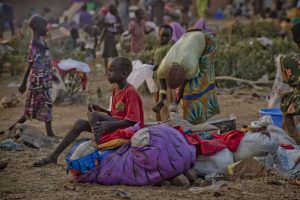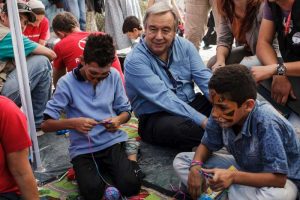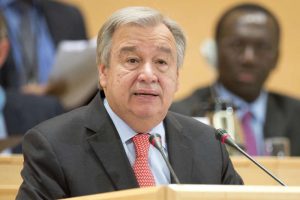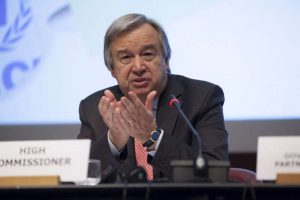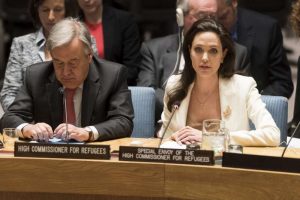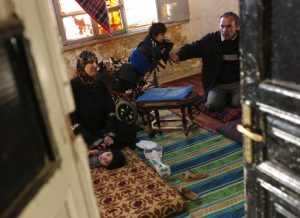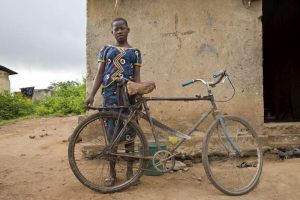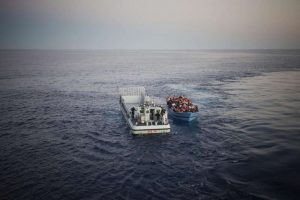Security Council on Syrian refugee situation
Nearly one million people have arrived by boat in Europe this year, more than 50% Syrians. UNHCR just published a survey of over twelve hundred of them, and the findings confirmed something we have long suspected: Syria is experiencing a massive brain drain. 86% of those we interviewed have a secondary education. Almost half have gone to university. One can only imagine the disastrous consequences of such an exodus on the future post-conflict reconstruction of Syria.
